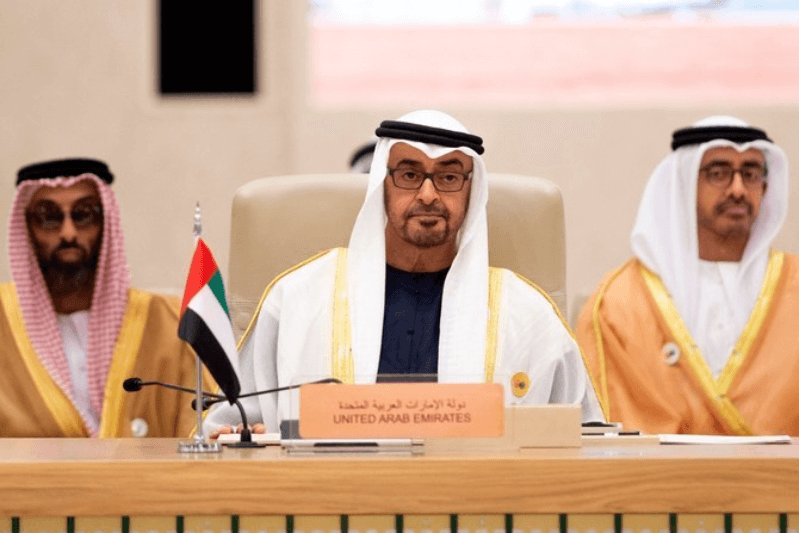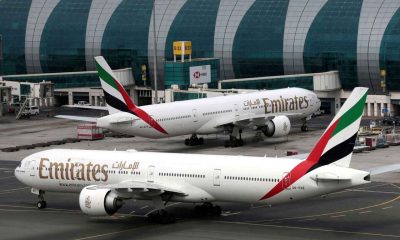Israeli attacks on Hezbollah in Lebanon have already killed more than 1,000 people and injured several others, according to the country’s health ministry. The situation continues to deteriorate, pushing a major portion of the Middle East into utter chaos.
On Saturday, the group confirmed its Secretary-General Hassan Nasrallah’s death, after Israel claimed that it had “eliminated” the 64-year-old in a massive strike on the Lebanese capital of Beirut. Nearly a million people have evacuated their homes in search of safety.
UAE expresses deep concern over Lebanon crisis
Several countries have pledged humanitarian aid to Lebanon as the crisis deepens. On Monday, UAE President HH Sheikh Mohamed bin Zayed directed the delivery of an urgent $100 million relief package to the people of Lebanon during this tough period.
This initiative underscores the UAE’s unflinching commitment to assistant the Lebanese people. The Gulf state has expressed its deep concern over developments in Lebanon, and the repercussions of this dangerous situation and impact on regional stability.
The UAE has frequently stressed the need to ensure the unity of Lebanon, national sovereignty and territorial integrity. In a statement, the Emirati Foreign Ministry recently noted the importance of providing full protection to civilians according to international treaties.
Gulf Cooperation Council affirms support for Lebanese people
Late last month, the Gulf Cooperation Council (GCC) emphasised the need for an immediate ceasefire and descalation along Lebanon’s southern borders, protecting civilians, exercising restraint and preventing the fighting from expanding further into the region.
The Secretary-General of the GCC reaffirmed in a statement the Council’s support for the people of Lebanon and its continued backing of the country’s security, stability and sovereignty. The Israel-Hezbollah conflict needs to cease soon as the death toll escalates further.






















